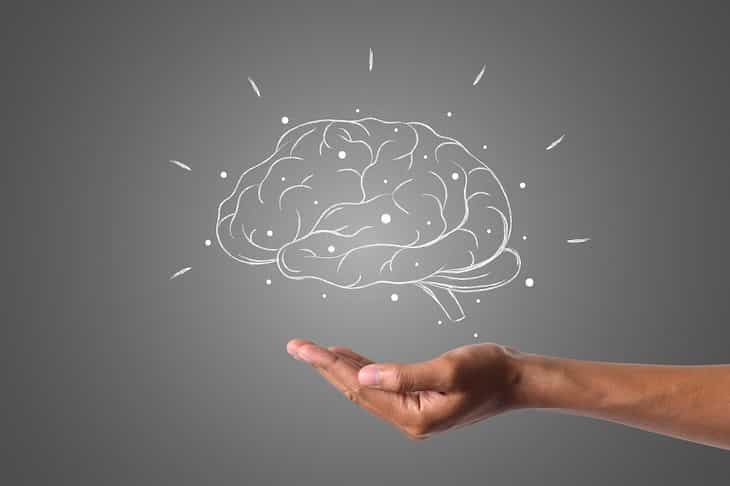Human brains are amazing in terms of their functionality, but how do they develop?
New research suggests that the human brain continues to develop after birth for a longer time than previously thought.
The study sheds light on the brain's development of important functions like learning, memory, and spatial navigation.

A surprising study
The research indicates that certain inhibitory neurons in the entorhinal cortex (EC), a brain region crucial for memory formation, keep migrating and forming new connections from birth to early childhood.
This extensive neuronal migration in the EC may contribute to periods of neuroplasticity, when the brain is highly adaptable to changes and adjustments.
The findings also provide insight into why EC neurons are more vulnerable to neurodegeneration, as previous studies have linked this type of neuron to early-stage Alzheimer's disease.
By examining brain samples from the epilepsy tissue bank and the Neuropathology Department, the research team demonstrated that large-scale and prolonged neuronal migration occurs in regions responsible for thoughts and emotions, challenging previous assumptions.
Why it's important
The discovery explains how the human brain generates billions of new neurons within a short time frame, as neurons continue to arrive after birth.
Contrary to previous beliefs, the study reveals that significant neuronal migration occurs in specific brain regions even as children begin crawling and walking, challenging the notion that the brain stops recruiting neurons at birth.
Previously, we talked about future fathers and alcohol.













